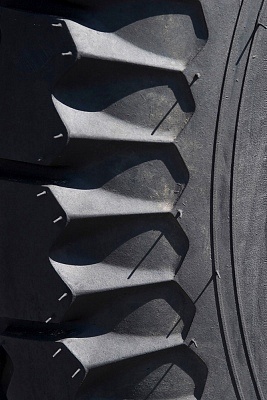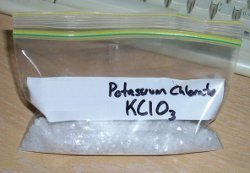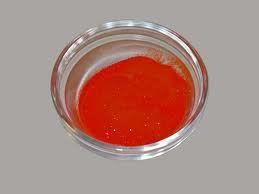Vulcanized rubber is a material that undergoes a chemical process known as vulcanization. This process involves mixing natural rubber with additives such as sulfur and other curatives. Vulcanization makes rubber much stronger, more flexible, and more resistant to heat and other environmental conditions. Vulcanized rubber makes both soft and hard objects, ranging from rubber bands to bowling balls. In fact, almost any rubber object consists of vulcanized rubber.
How Vulcanized Rubber is Made
It is necessary to use vulcanization to make commercial-grade rubber because natural rubber is not stable enough to produce goods with. In fact, natural rubber melts when warm, breaks apart when cold, and is very sticky. This is because natural rubber consists of independent polymer chains that allow the rubber to be deformed. Vulcanization creates bridges between these polymer chains, allowing the rubber to be deformed when stress is applied and to return to its original position when the stress is removed.
Applications
Vulcanized rubber has many applications and is used to make a vast assortment of objects. For example, vulcanized rubber is used to make rubber hoses, shoe soles, tires, bowling balls, bouncing balls, hockey pucks, toys, erasers, and instrument mouthpieces. Most rubber products in the world are vulcanized, whether the rubber is natural or synthetic.
Advantages
Vulcanized rubber is stronger than non-vulcanized rubber because its bonds are made of cross-links at an atomic level. This allows vulcanized rubber to stand up to more stress and damage. Vulcanized rubber is also more rigid than non-vulcanized rubber, so it is more stretch-resistant in the first place. However, vulcanized rubber has the same elasticity level as non-vulcanized rubber.
Disadvantages
Vulcanized rubber does not have many disadvantages but does exhibit several negative attributes. Rubber is mildly toxic when burned and cools quickly after being melted, making it somewhat hazardous to those handling it. Generally, the only way for rubber to harm someone in this way is if he/she purposely burns it.




Tom Caton
I am trying to get a drive roller with a 3/8 inch vulcanized rubber cushion around the outside but I am having a difficult time with the toughness of the rubber are the different grades and toughness of the rubber and if so what are they also it needs to be of a food grade or food safe type of rubber with heat and abrasion resistant…any help would be much appreciated
Stephan
Please contact DONIT TESNIT d.o.o., Medvode, Slovenia
Bob
Hi,
We are looking into making a specialty rubber gasket. Do you know where one can purchase non vulcanized rubber?